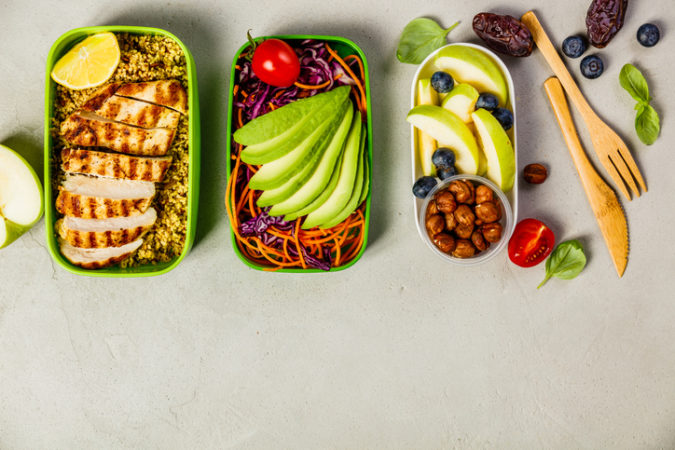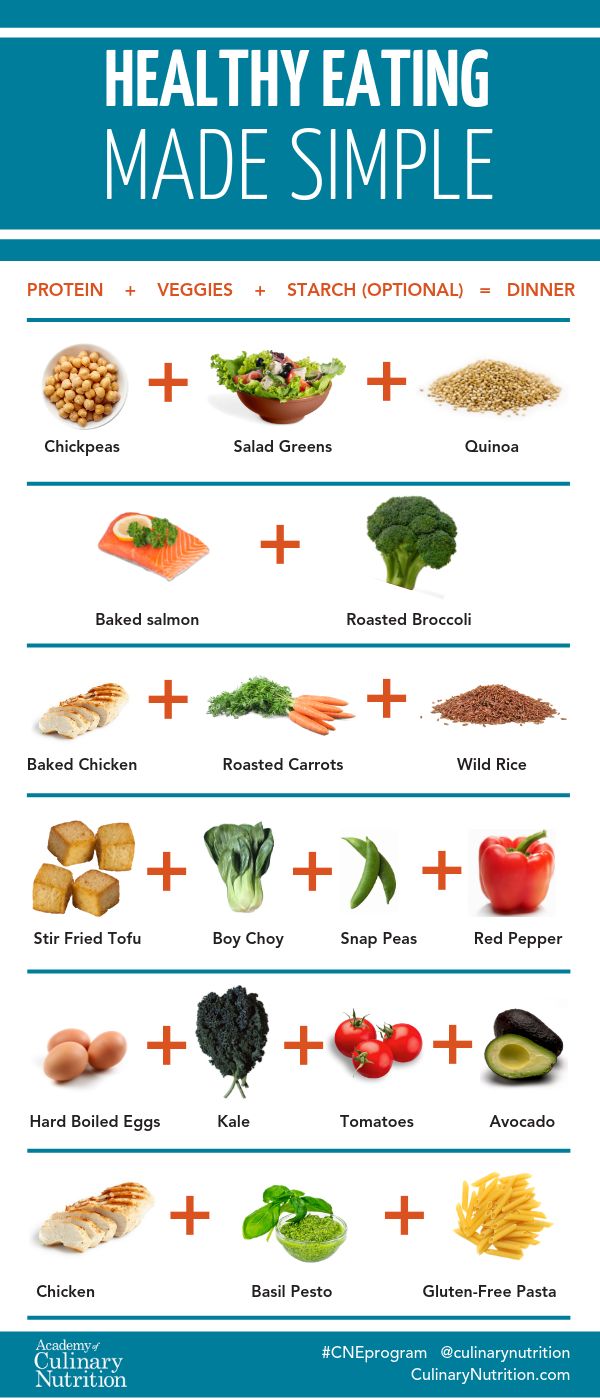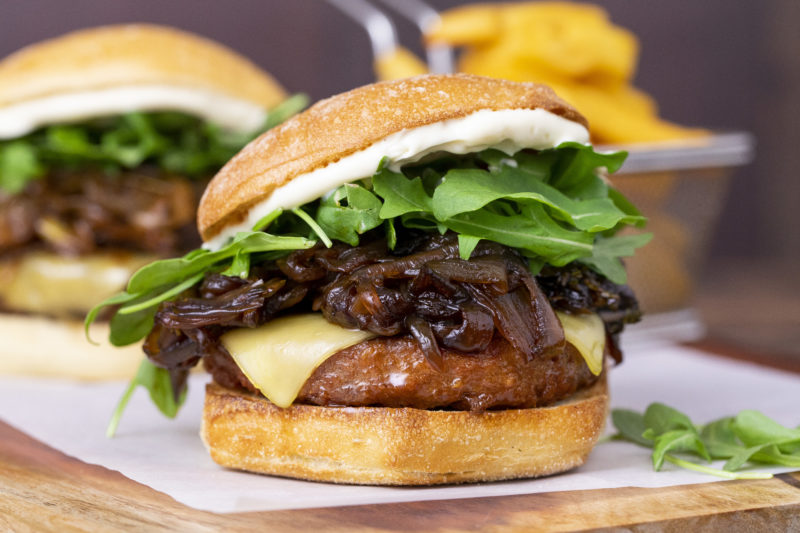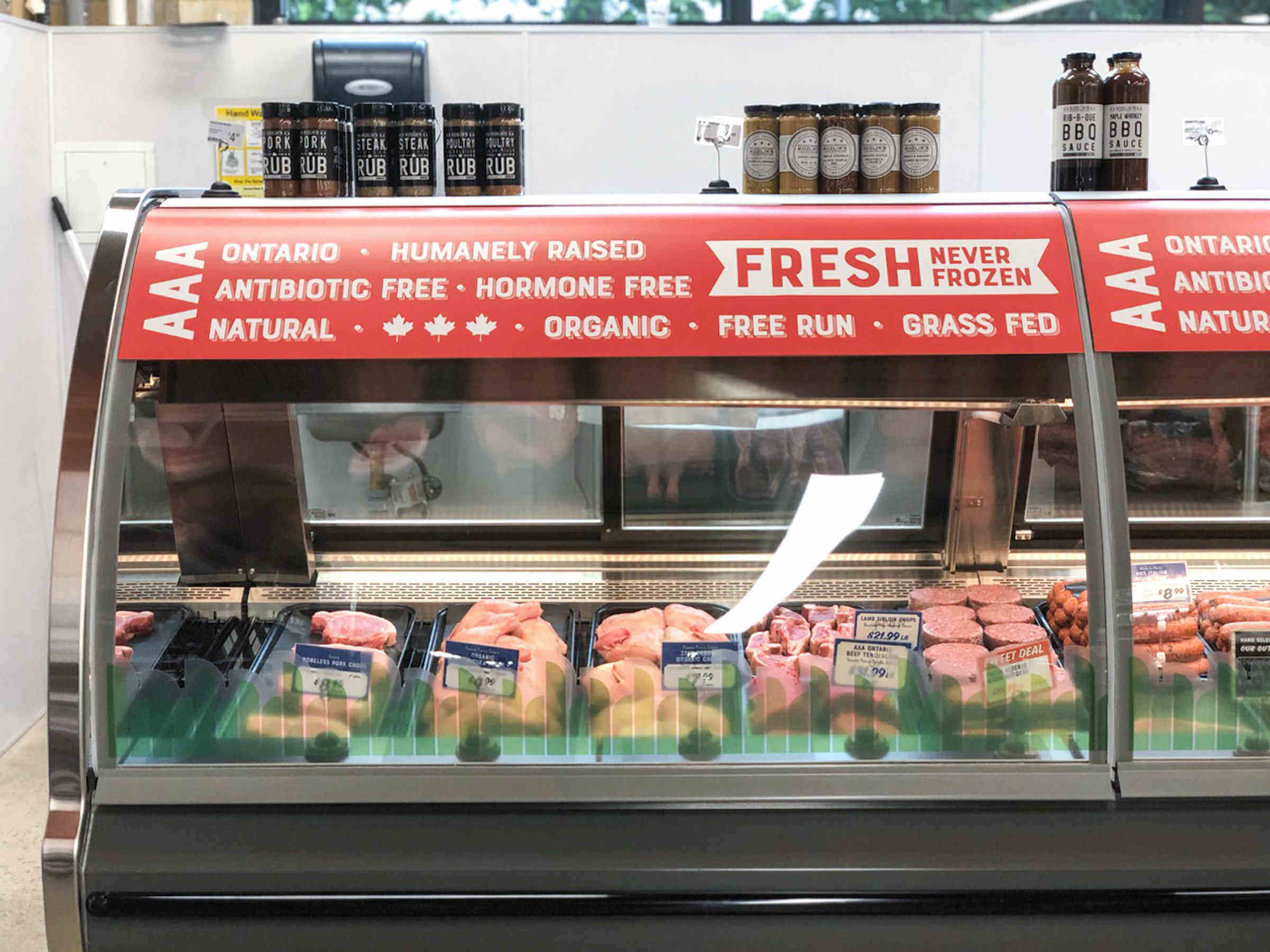Are You Making Healthy Eating Too Complicated?

Healthy living is something that seems simple at first: eat your veggies, skip the drive-thru, get some rest – but gradually gets more complicated the more you read and learn about popular diets, culinary adaptogens, kitchen hazards or the best cooking oils. You may feel proud of yourself at the beginning of your journey for making small changes, but if you aren’t careful, you may end up berating yourself for buying organic avocados from Mexico (the carbon footprint!), eating quinoa with your dinner (not technically Paleo!) or shopping at the grocery store instead of the farmers’ market (not local enough!). A healthy lifestyle should be enjoyable, not stressful. Healthy eating doesn’t have to be that complicated.
For many of us, our go-to reaction when feeling overwhelmed is to blame ourselves. Spend enough time on Pinterest or reading food blogs and you’ll probably start feeling like your life is nowhere near healthy enough, and that everybody else on earth is eating nothing but broccoli and heirloom pickles in between yoga poses on the beach.
You don’t have to run yourself ragged in order to cook and eat healthfully. Take a deep breath and ask yourself: Are you making healthy eating too complicated? When you’re feeling overwhelmed by endless cooking, here are a few questions to consider to help you simplify your healthy eating goals.
1. Are you making healthy eating too complicated?
If the goal is to make all your food from scratch, that doesn’t necessarily mean that each meal has to be a masterpiece. Protein + veggies + (maybe) starch = dinner. Not everything needs to be blog- or Instagram-worthy. Check out some of these simple tools:
- How to Create a Recipe-Free Dinner Bowl
- 20 Healthy Kitchen Hacks to Get Dinner on the Table Fast
- The DIY Guide to Dairy-Free Elixirs
- 20 Best Dairy-Free Smoothie Recipes
- 25 Best 30-Minute Meals
- 26 Best Healthy Instant Pot Recipes
- 20 Best One-Pot Meals
- Top 20 Slow Cooker Recipes
2. Can you learn and practice meal prep strategies?
Meal prep and planning is one of the first skills we teach our culinary nutrition experts: it truly is that crucial. Meal prepping and batch cooking, either in one big block or separated into smaller chunks, gets food preparation out of the way so all you need to do is assemble or re-heat. Get started with our 5 Essential Meal Prepping Tips and our Healthy Batch Cooking 101 guide.
Remember, you don’t need to reinvent the wheel every week. While it’s nice to try new and exciting recipes, once you get into the groove of menu planning you can rotate your plans regularly, repeating your recipes and meal prep schedules. The meals and snacks that you’ve made before will always be easier and quicker to prepare than constantly pursuing new recipes for each meal and snack. That doesn’t mean you can’t try unfamiliar recipes, techniques or ingredients, but try to limit yourself to one new recipe per week, which you can then add into the rotation if they are delicious.
3. Can you be more efficient with your time?
Busyness is an epidemic and many of us wear our hectic schedules like a badge of honour. Yet being busy doesn’t always mean we are being productive. One of the biggest challenges we hear is, “I don’t have time to cook”. However, more hours in a day aren’t going to magically materialize: if we want to make healthy eating a priority, we need to carve out the time to prepare food.
Historically, humans spent a vast amount of time growing, preparing, cooking and storing food, as well as hunting it. Our modern lives have led to a decline in home cooking in the 20th and 21st centuries, with most of us only willing to spend 20 minutes preparing a meal. Plus, our culture gravitates toward snacking, grazing or buying pre-prepared and packaged foods. Of course, not all store-bought items are intrinsically bad for our health (more on that below), though home cooking is associated with a higher intake of vegetables and fruits.
Take a look at your schedule and see where you can find more time to cook or prep. Are you spending hours watching Netflix, scrolling on your phone, stalking old friends on social media? Have you overscheduled your free time with endless activities and classes? You don’t need to block out an entire day for meal prep – once you get into the swing of it, you can accomplish it in a few hours.
4. Can healthy eating challenges be solved with teamwork?
Just because you want your family to eat homemade food doesn’t mean you need to be the one to cook it all the time. Have your partner sign up to cook for a few days a week, or have your kids help out by making one of these family-friendly recipes (this can also be a great way to handle picky eating!).
Another easy way to lower the workload is to get your friends together and do a soup rotation. One person makes a ton of soup each week (with lentils or beans so it’s a complete meal) and gives everybody a big jar. On those nights when you’re feeling like crap (we all have them), all you need to do is reach in the freezer and heat up some soup.
If you want more than soup, try starting a cooking cooperative! With a cooking cooperative, you exchange quantities of a food staple or meal and in return, you get another different staple or meal to take home. You get loads of variety and have a chance to explore new flavours. Work in an office? Begin a healthy lunch club with your co-workers. That way, you cook once and eat a homemade lunch every single day of the week.
Get your FREE Guide to Cooking Beans and Grains plus 35 more free resources!
Fill out the form below for instant access.
Free Resource Library
Enjoy more than 40 downloadable guides, recipes, and resources.
5. Can healthy eating challenges be solved with money?
Of course, many of us are on a tight budget, so this may seem like a silly question. But occasionally, we can outsource certain aspects of food prep for the same amount we’re spending now or just a little more. Ordering a veggie box (community supported agriculture or CSA) can save you from spending time at the grocery store and often doesn’t cost any more than shopping in the organic produce section. You can also purchase bulk items such as nuts, seeds, legumes, gluten-free grains, gluten-free flours, herbs or quality animal products that you can freeze (poultry, beef, fish). This saves you time – there’s less grocery store shopping when you have a stocked fridge and pantry–and money in the long run.
If you are insanely busy, you can use part of your grocery budget to order nutritious meals, which saves hours each week in food prep. This post weighs the pros and cons of meal prep services and can help you decide what may work for you. Many culinary nutrition expert program graduates offer meal prep or cooking as part of their slate of services, where you receive a set of customized meals that support your health. The healthier we feel, the more time we’ll have for the things we love to do, cooking or otherwise.
6. Are you trying to eat a certain way only because it’s trendy?
There is no single diet that works for everyone and eating habits will evolve over time based on our unique health status, age, gender and lifestyle factors. Sometimes, we feel pressure to follow a specific popular diet because everyone else is raving about it. This may lead to us purchasing an expensive bag of flour that we use only once, or spending extra time in the kitchen, or feeling guilty about eating a nutritious ingredient because it contains a micronutrient that may negatively affect a small number of people.
Therapeutic diets can be immensely helpful when explored under the guidance of a health practitioner, trusted resource or culinary nutrition expert, but following a popular diet simply because it’s popular can over-complicate your life.
Healthy eating is important for our health, but when it veers into overwhelming territory the stress can do more harm than good. Try some of these strategies to make healthy eating easier for you and your whole family!
Let’s learn from one another: What’s your favourite way to keep healthy eating simple?

Image: iStock – klenova
Free Resource Library
Enjoy more than 40 downloadable guides, recipes, and resources.























